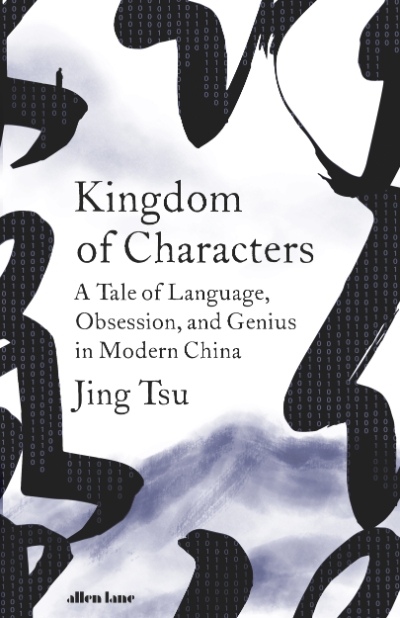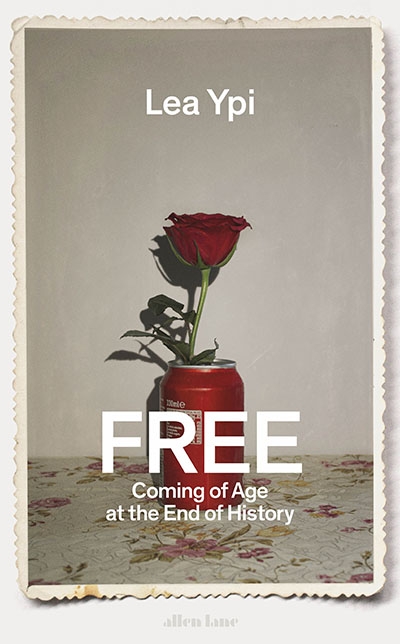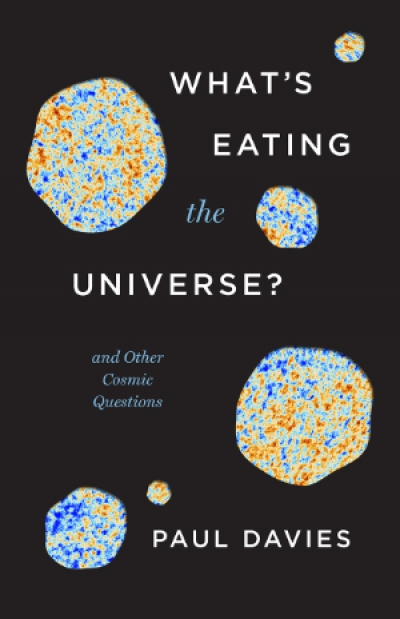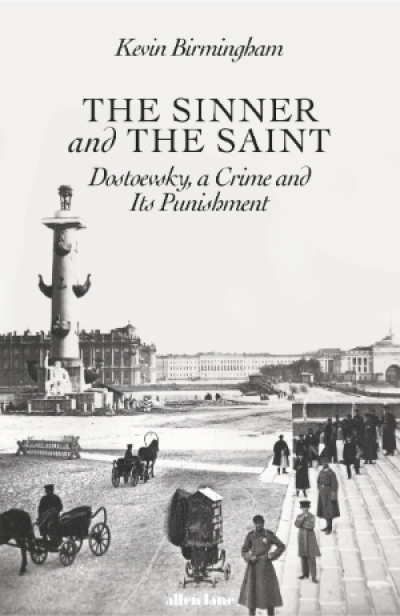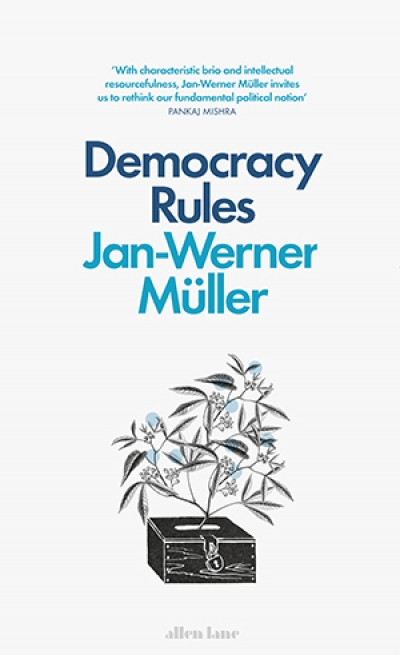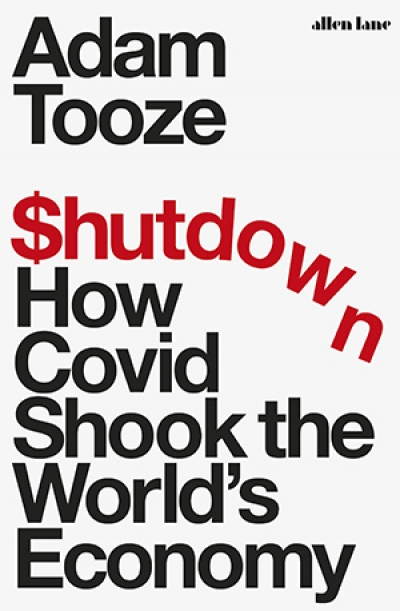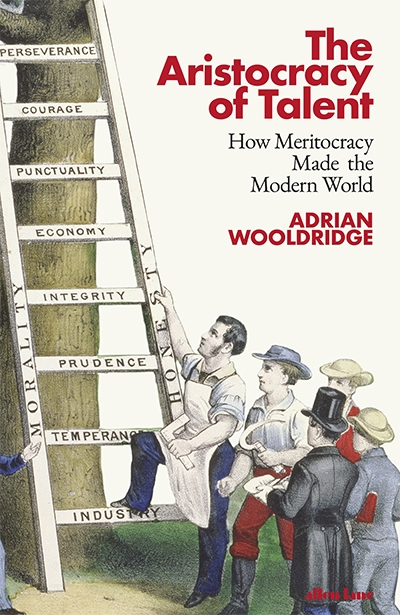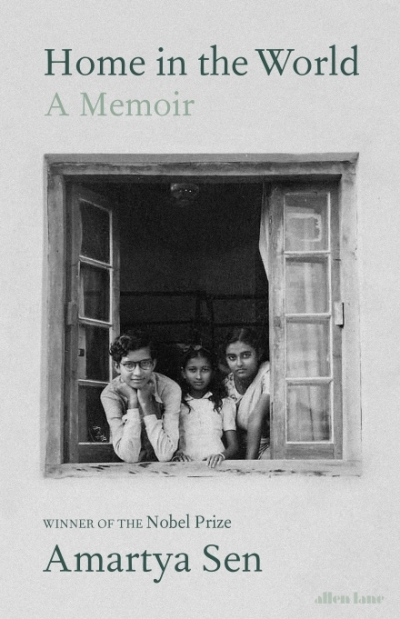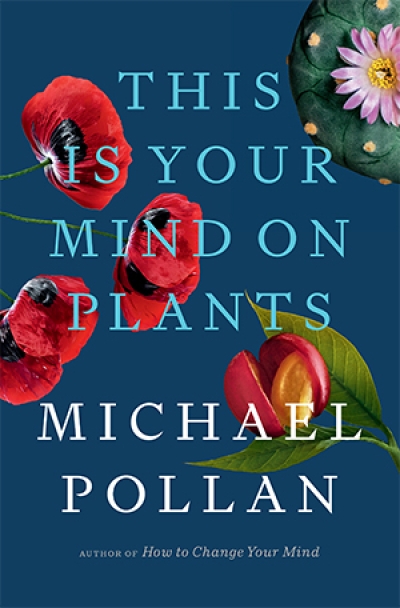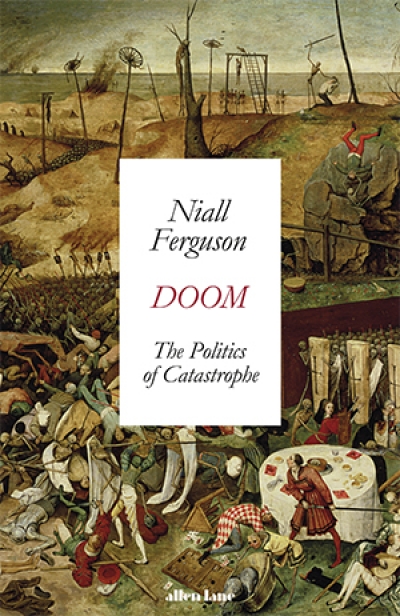Allen Lane
Kingdom of Characters: A tale of language, obsession, and genius in modern China by Jing Tsu
by James Jiang •
What’s Eating the Universe?: And other cosmic questions by Paul Davies
by Robyn Arianrhod •
The Sinner and the Saint: Dostoevsky, a crime and its punishment by Kevin Birmingham
by Geordie Williamson •
The Aristocracy of Talent: How meritocracy made the modern world by Adrian Wooldridge
by Glyn Davis •

